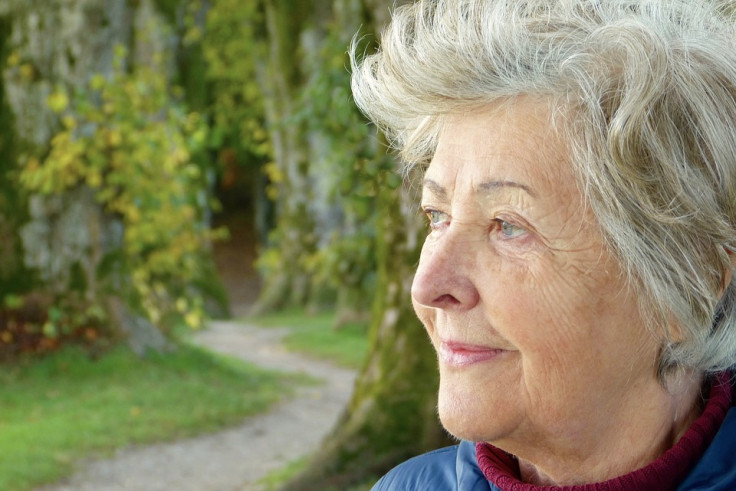Ageing process cannot be reversed but may be slowed down claims study
Over the years, several studies have tried to understand the ageing process.

A yet-to-be peer-reviewed study has claimed that the ageing process in humans cannot be fully reversed, but it can potentially be slowed down. The study has been published on the preprint server BioRxiv. It used artificial intelligence and machine learning to study the biological process of ageing and how it works.
The researchers studied a key component in ageing called "resilience." It is said that a thermodynamic process is what drives the loss of resilience. The paper defined "true age" as a thermodynamic biological age (tBA).
It added that tBA "causes the linear and irreversible drift of physiological state variables, reduces resilience, and drives the exponential acceleration of chronic disease incidence and death risks." The statement essentially implies that tBA increases with age and lowers resilience in the person.
"According to our measurements, the number of people demonstrating the loss of resilience increases in the population exponentially and doubles every eight years, exactly as fast as the mortality rate doubles," added Peter Fedichev, a longevity research academic and CEO of Geno.
Geno is a biotechnology firm based in Singapore, whose researchers were also involved in the study.
Fedichev also added that even though the process behind ageing cannot be reversed, there can be a way to "cool down" an organism and reduce the rate of ageing, per a report in The Independent.
Over the years, several studies have tried to understand the ageing process and have come up with different theories about the complex process. Some claim that ageing cannot be reversed while others claim that it is actually possible to reverse the process.
One such study in 2013, which was conducted on mice, was able to find a way of reversing the ageing process in muscles by improving communication between cells. The study, published in the journal Cell, focused on a chemical called nicotinamide adenine dinucleotide, or NAD, which naturally reduces in the body as we get older.
It explained that the ageing process occurs when communication between an area of the cell known as the mitochondria, which produces energy, gradually stops communicating with the cell's nucleus. By injecting the NAD compound, the ageing process was reversed in mice, although muscle strength did not improve.
For years, scientists have been aware that as people get older, they progressively lose their capacity for DNA repair. Their DNA sustains more damage, and this makes it more likely that they will develop diseases like cancer.
Similarly, some researchers have shown that it is possible to reverse the ageing process by reprogramming cells but have not successfully identified the mechanisms behind ageing. In 2017, a team led by David Sinclair from Harvard Medical School also highlighted the key role of a molecule known as NAD+, which may be used to reverse ageing and DNA damage.
It said that a protein called PARP1 is a critical DNA repair protein, and it loses its power as people age. Sinclair's team also analysed another protein known as DBC1, one of the most abundant but also mysterious proteins in mammals.
DBC1 increasingly starts sticking to PARP1 with age, thereby preventing its action, per the researchers.
They worked with old mice and demonstrated that giving them a compound known as NMN could increase concentrations of NAD+. This appeared to break down the interaction between DBC1 and PARP1, restoring youthful levels of DNA repair. DNA damage was also removed.
In another experiment, the scientists discovered that exposing mice to radiation while giving them the NMN treatment protected them from radiation's worst effects and improved their DNA repair capacity. The compound raised NAD+ levels, providing mice with protection against changes in white blood cell counts, lymphocytes, and haemoglobin.
In 2015, a Japanese study also claimed that the process of ageing could possibly be reversed. Several studies over the years have been able to come up with several theories about the ageing process in humans by conducting experiments on animals. But none of the studies so far has been able to reverse or stop the process in humans.
The developments in science and technology have made life easy for humans, but finding a way to stop ageing still remains a far-fetched dream.
© Copyright IBTimes 2025. All rights reserved.






















